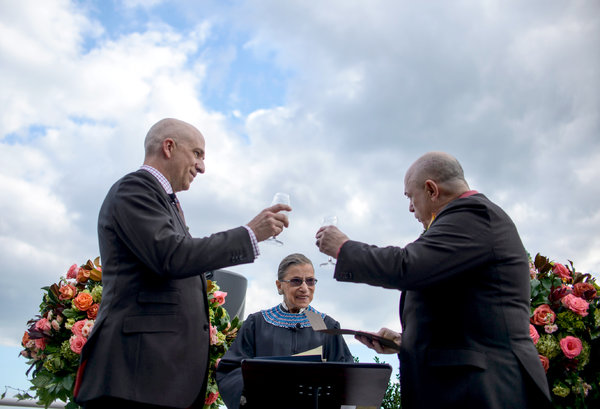Bill gave a lengthy interview with the ABA Journal on his recent front-page feature, on how Legal Process Outsourcers (LPO) are supplanting much of what law firms do. I blogged about the article here and here.
Here is a snippet on what law firms should do:
So there’s a proliferation of different companies that are using technology and big data and process to try and do traditional legal work traditionally done by law firms better, cheaper, or faster. So if I’m a law firm, and this is eating away at some of the bundled services that I’ve traditionally offered; I’d have to ask myself: can I really do this better than these upstart companies? Or is it better to develop strategic alliances and to basically piece together a kind of re-bundled service where the law firm is acting as a general contractor and it knows the best vendor in e-discovery. It knows the best vendor to come up with market standard transactional documents. It knows the vendor to help price high-end IP cases. And there’s a trench of trusted advisory or advocacy work that the law firms are going to keep.
But in the meantime, they’re putting together–kind of quarterbacking the whole transaction or the whole litigation matter. There’s an opportunity for law firms to do that, but if they steer clear of these vendors and they try and keep the work in house using inefficient methods, then they’re really kind of telling their clients when their clients find out that they really have their economic best interest above their clients’ best interest. And I think that will come back to harm them, long term. So if I was a law firm, I would go out and learn what these vendors are doing and ask yourself: what can we do and what should they be doing, and try to put together the best package for your clients.
And on what law students should do:
Bill Henderson: I would advise them to get a great, traditional legal education. But at the same time, moonlight and learn an area about, let’s say, law and technology, law and process; some sort of a new-edged angle to the legal market. Something where they’ll have some intrinsic interest or passion. And moonlight and learn that, invest in themselves, and become a specialist in that area.
…
But the students aren’t going to find an employer that’s going to equip them with all the skills they need to prosper in this area. They’re going to have to invest in their own personal human capital. And so go out and moonlight and go out and work for free. Go out and shadow somebody that’s in this interesting sector that you find interesting and invest in yourself, learn something about it. And when you see an opportunity, leap at it.
